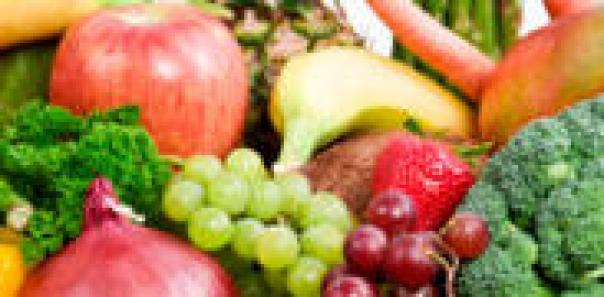
Speaking at a Breakfast Briefing recently David Read, CEO of the company, said that weakened sterling, import tariffs and rising labour costs caused by Brexit would result in the increased prices.
He said: “Both the long-term and the wider impacts of Brexit could well be more benign, but in the first 2-3 years the combined effects of weakened sterling, import tariffs, and rising labour and energy costs is likely to push up the price of food and drink, possibly significantly.”
“It’s important to understand the heavy reliance we have on imported product in the UK, as we run a £21bn trade gap in food alone. We produce only around 60% of our food, and 27% of it is imported from the EU. As recently as last year sterling appreciated against the euro by 9%, which impacted the UK’s total food basket positively by over 2%.”
Citing a recent report from Defra that forecast imported food prices rising by 11%, Read went on to say: “The scale of price increases are difficult to predict, particularly as global food prices remain generally quite soft currently, but the potential range of increases is wide. Smart caterers will be clear about contingency plans in advance of the vote.”
The EU referendum will take place on 23rd June, voters have until tomorrow to register to vote.